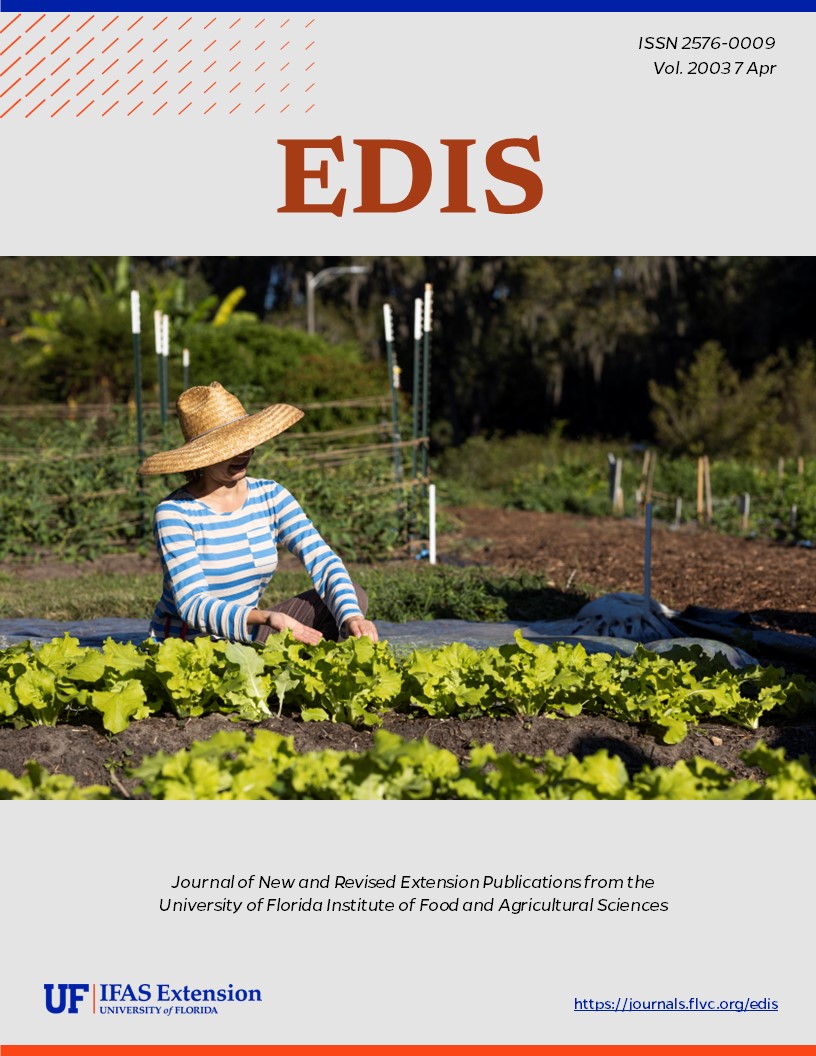Abstract
People who deal with stress have “lifelines” to others who can help. Support is very important. People with
support have fewer stress-related health problems. These “lifelines” are systems of social support. Social support is help given by friends, family, and neighbors in times of crisis or emergency, or on a daily or occasional basis. Community services and religious congregations are also sources of social support. This document is FCS2081A, one of a series of the Department of Family, Youth and Community Sciences, Florida Cooperative Extension Service, IFAS, University of Florida. First Publication: June 1989 as FCS2081. Reviewed: August 1999. Revised: January 2002.
References
Kenny, D. T. 2000. Psychological foundations of stress and coping. In: D. T. Kenny, J. G. Carlson, F. J. McGuigan, J. L. Sheppard (eds.), Stress and Health: Research and Clinical Applications (pp.73-104). Amsterdam: Harwood Academic Publishers.
Quick, J. C., J. D. Quick, D. L. Nelson, and J. J. Hurrell. 1997. Preventive Stress Management in Organizations. Washington, DC:: American Psychological Association https://doi.org/10.1037/10238-000
Sears, S. June 2002. Balancing work and family. Presentation for in-service training on Balancing Work and Family, Florida Cooperative Extension Service. Gainesville, FL: University of Florida.
Seward, B.L. 1999. Managing Stress: Principles and Strategies for Health and Well-being (2nd ed.). Sudbury, MA: Jones and Bartlett.
Srebulus, D. J. and D. Brown. 2000. A guide to the helping professions. Boston: Allyn and Bacon.
Unless otherwise specified, articles published in the EDIS journal after January 1, 2024 are licensed under a Creative Commons Attribution-NonCommercial-NoDerivs 4.0 International (CC BY-NC-ND 4.0) license.

